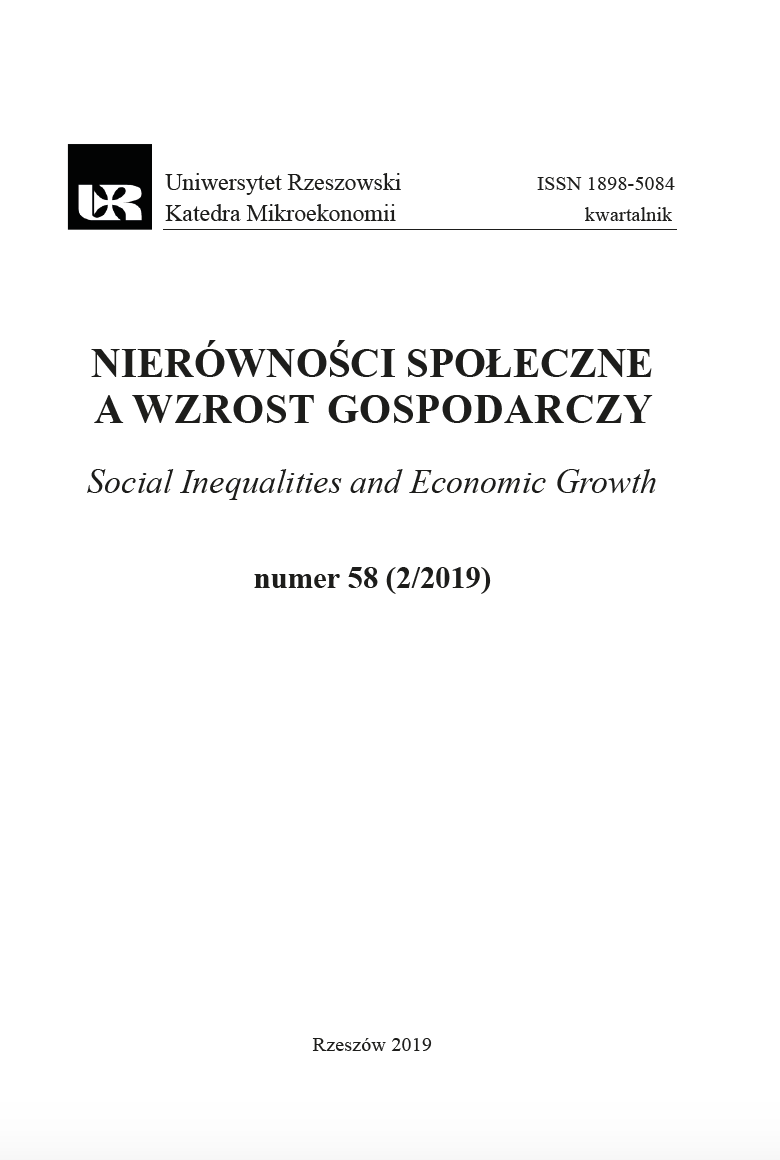Znaczenie informacji w ekonomii. Kilka kontrowersji
The importance of information in economy – a number of controversies
Author(s): Józefa Famielec, Stanisław FamielecSubject(s): National Economy, ICT Information and Communications Technologies
Published by: Wydawnictwo Uniwersytetu Rzeszowskiego
Keywords: information; economics; Gross National Product; inviolable capital; institution
Summary/Abstract: The current phase of global market development is strictly associated with the evolution of information society, in which information is the essential factor of competitiveness. Numerous functions and meanings have been ascribed to information. Information is regarded as one of the most important factors in any type of activity, especially economic activity. It includes the following components: knowledge and database which is acquired and assembled accordingly and consequently helps to make crucial decisions. Modern interest in information and information based community pertains to the flow of information, especially in terms of the Internet as well as other forms of digitization. However, at the same time, the information revolution (apart from the popularization of market economy) has contributed to the proliferation of global hazards including all the negative effects of the information revolution. Different paths of development have initiated identical types of hazards, that is, tremendous income diversification, unemployment, social exclusion and widespread social pathologies. The main thesis of this elaboration pertains to the underestimation of economic contents of information and the subsequent pursuit of spectacular achievements in technology and their acquirement, processing and distribution. The goal of this elaboration is an attempt to provide a credible argument in terms of the significance of information for economic interpretation as well as the assessment of studied categories, processes and dependencies. Considerations presented in this elaboration pertain to the use and application of information in such areas as: GNP, informational restrictions and institutions. This paper is based on theoretical investigations and inquires, which constitute an attempt to display the effects of both correct and erroneous usage of information to interpret economic reality. The author has used as an example the controversial GNP calculation especially in terms of establishing the value of capital goods, the calculation of inviolable capital and the impact of collaboration capital on economic growth. Institutions and their value enable to explain many empirical economic puzzles. The inclusion of institutions changes the results of calculations as well as the way we perceive economic study results.
Journal: Nierówności Społeczne a Wzrost Gospodarczy
- Issue Year: 2019
- Issue No: 58
- Page Range: 7-15
- Page Count: 9
- Language: Polish

